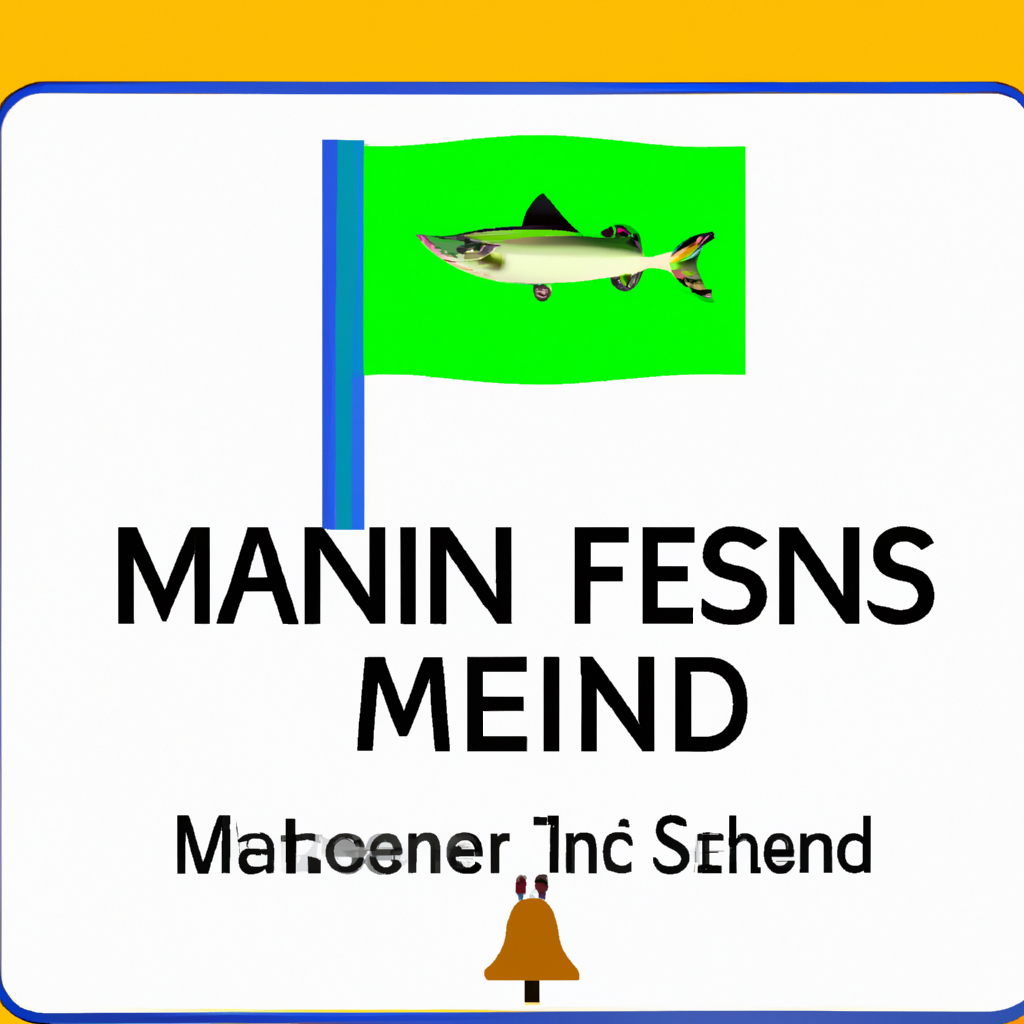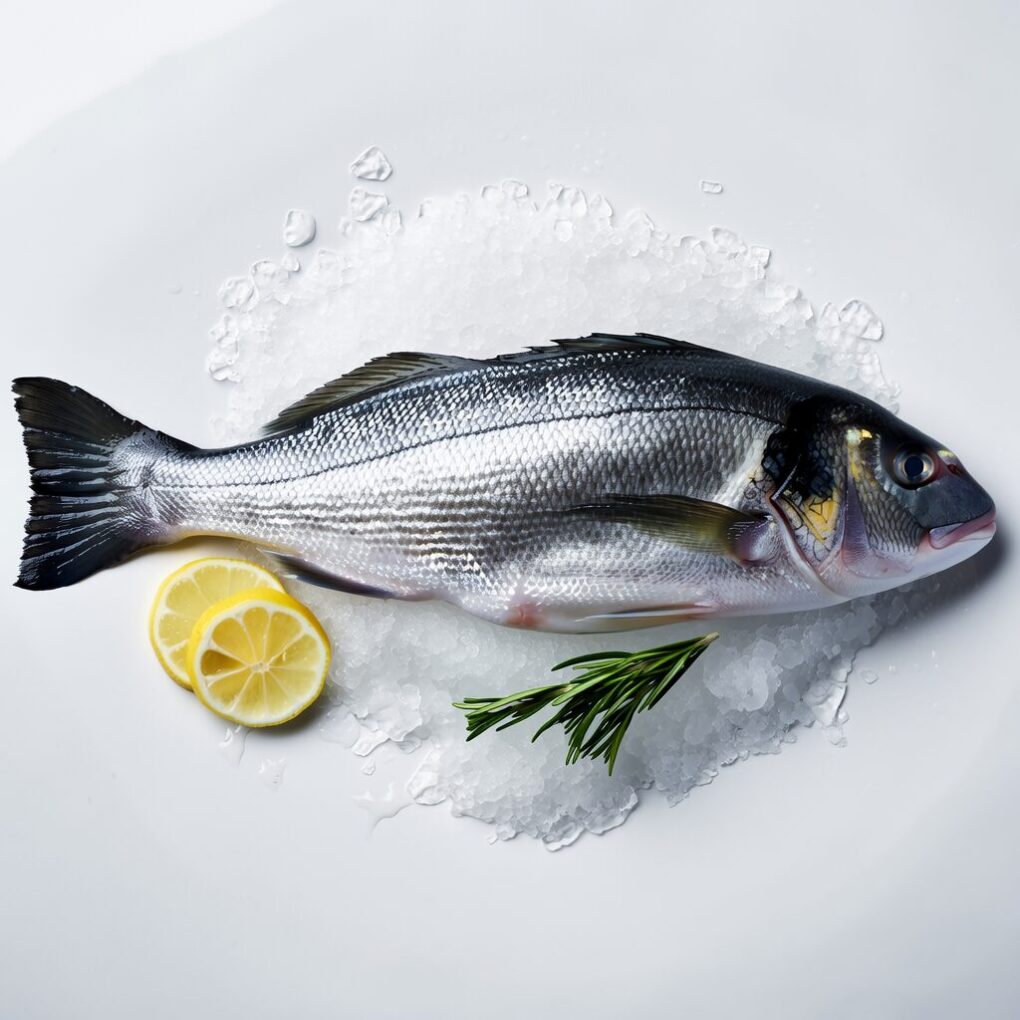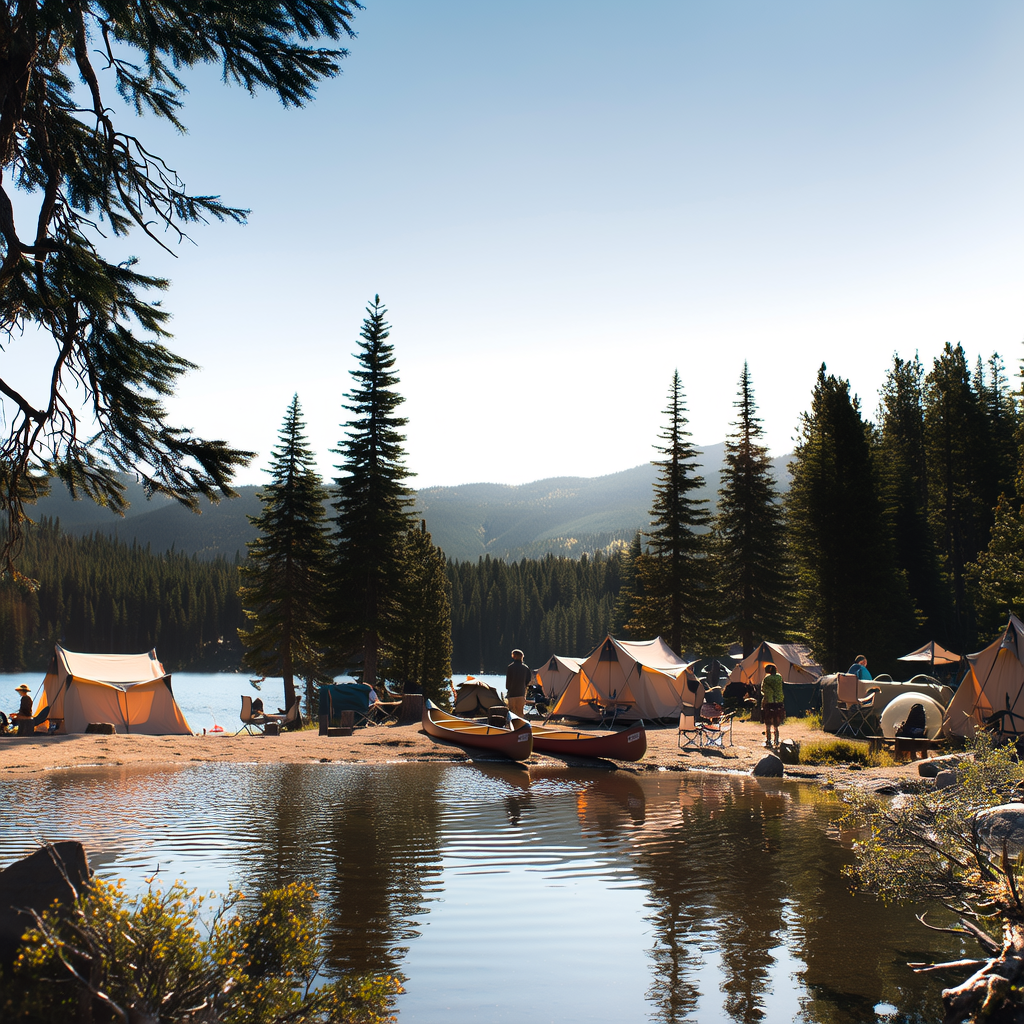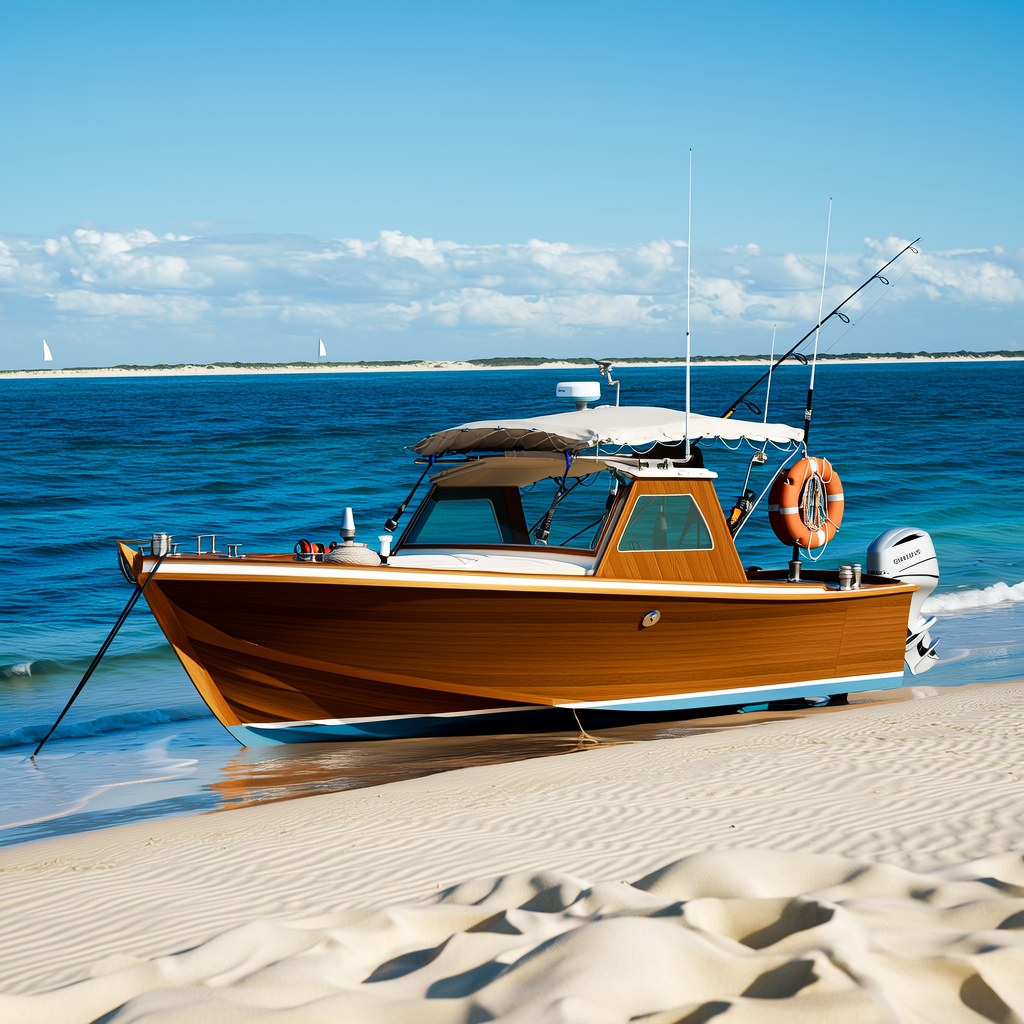Maine’s pristine lakes and rivers, as well as its coastal waters, make for an amazing fishing experience. It is important to have a Maine fishing license before you can enjoy this activity. This comprehensive guide will give you all the information that you need about obtaining a Maine fishing license.
Why do you need a fishing license in Maine?
Anglers over a certain age and those who wish to engage in certain fishing activities are required to have a Maine fishing license. The state’s regulations on fishing are designed to conserve and protect fish populations in the state, maintain recreational opportunities and support fisheries’ management efforts.
Who needs a fishing license?
Residents and non-residents who are 16 years old or older must have a valid fishing licence to fish in inland water or transport fish caught from inland water. Residents 70 years and older and legally blind residents are exempted from the requirement to possess a valid fishing license.
Types of fishing license
Maine offers a variety of fishing licenses to suit the needs and preferences of different anglers. There are freshwater and saltwater licenses as well as combo licenses, multi-day, one-day, and one-day licenses. Each license type offers different privileges to suit specific fishing situations.
1. Freshwater Fishing License
This license is only for anglers that wish to fish in freshwater areas such as rivers, lakes and ponds. It does not cover saltwater areas. This license allows you to target species of freshwater fish like trouts, bass and salmon.
2. Saltwater Fishing License
If you plan to fish the coastal waters of Maine or the Gulf of Maine, a saltwater fishing licence is required. You can fish for a variety of saltwater species including striped bass and bluefish.
3. Combo License
A combo license is ideal if you like to fish in both freshwater and seawater. This license allows you to fish both in inland and coastal waters.
4. One-Day License
If you’re visiting Maine for only a short time, you can get a one-day license to fish for the day. You don’t need a longer permit.
5. Multi-Day License
A multi-day fishing license is perfect for those who plan to fish for a long time. This license allows you to fish up to three days in a row, so you can explore different fishing spots throughout Maine.
How to obtain a fishing license
It is easy to obtain a Maine fishing license. You can get it in a variety of ways, including online, over the phone, or from a licensed vendor. Here are the steps to get your fishing license.
1. Online Shopping
Navigate to the section on fishing licenses at the official Maine Department of Inland Fisheries & Wildlife. Follow the instructions, enter the required information and pay online. Once completed, your license is immediately available for printing.
2. By Phone
Call the Maine Department of Inland Fisheries & Wildlife to order your license. You will need to provide them with all the information they require and pay by credit card or debit card. You will receive your license by mail.
3. At a License Vendor
You can also buy your fishing license at a licensed license vendor. This includes sporting goods shops, bait and tackle stores, and certain town offices. Always carry the appropriate identification and payment method.
License Fees
Maine fishing license fees are dependent on the type of license and its duration. The fees are intended to promote responsible angling and support conservation efforts in Maine. Here is a summary of the fishing license fee:
Resident License Fees
- * Freshwater Fishing license: $25
- Saltwater Fishing license: $15
- * Combo License: $40
- * One-Day License: $11
- * Multi-Day License (3 Days): $17
Non-Resident License Fees:
- * Freshwater Fishing license: $56
- Saltwater Fishing license: $15
- * Combo License: $96
- * One-Day License: $11
- * Multi-Day License (3 Days): $23
Fishing Regulation Guidelines
Anglers in Maine must follow certain fishing regulations in order to maintain the natural resources of the state and ensure sustainable fisheries. Maine Department of Inland Fisheries & Wildlife updates these guidelines regularly, so it’s important to stay informed. Some of the most important regulations include:
Size and Bag Limits
To protect fish populations and maintain an aquatic ecosystem, size and bag limits have been set. These restrictions determine the minimum and maximum sizes of fish that may be harvested as well as how many fish you can keep. You should familiarize yourself with size and bag restrictions for each species that you plan to target.
Fishing Seasons
To protect fish during sensitive life stages, such as spawning and migration, specific fishing seasons have been established. Be sure to know the open and close seasons for the different fish species you plan on fishing in the area.
Fly-Fishing only areas
Maine has many fly-fishing-only areas where traditional fishing gear is not allowed. These designated areas are a great place to test your fly-fishing skills and have a unique angling adventure.
Catch and Release
To preserve the fish population in Maine, catch and release is encouraged. It allows future generations the same fishing experience and contributes to the sustainability of Maine’s marine resources.
Maine Fishing Zones
Maine is divided up into different fishing zones. Each zone offers its own unique angling possibilities. Understanding the different zones will help you plan your trips and target specific fish species. Here are some of Maine’s fishing zones:
1. Interior Zone
The Interior Zone is a vast area in Maine that includes many inland lakes, rivers and ponds. The Interior Zone is known for its excellent bass and trout fishing.
2. South Zone
The South Zone includes the southern part the state and includes rivers like the Saco, Androscoggin and Kennebec. This zone offers a variety of angling opportunities for both saltwater and freshwater species.
3. Penobscot Zone
This zone, named after the Penobscot River and its majestic brook trout and smallmouth bass, offers excellent fishing opportunities.
4. Downeast Zone
The Downeast Zone, located in eastern Maine, is characterized by its rugged coast, numerous islands, deep bays. This zone is known for its excellent striped-bass, bluefish, mackerel, and other fishing.
5. Aroostook Zone
The Aroostook zone is the northernmost zone of Maine. It offers beautiful lakes and pristine wilderness, attracting anglers who are looking for trophy fish such as muskie, landlocked salmon, and northern pike.
Plan Your Fishing Trip
It’s important to carefully plan your trip before you embark on your fishing adventure. To ensure that your angling trip is a success, consider the following factors:
Find out where to fish
Maine has many great fishing spots, but they are not all created equal. You can identify areas known for the species of fish you want to target by doing some research. Consult local anglers and online resources for information.
Check Local Fishing Reports
The fishing conditions can vary a lot depending on the season, weather and other factors. Keep up to date by checking local fishing forums, social media groups, and reports. These sources can provide valuable insight into recent catches and hotspots as well as effective techniques.
Prepare your fishing gear
Make sure your fishing equipment is in good shape and appropriate for the type you plan to fish. Included in this are rods, reels and lines, as well as baits, lures and accessories. Pack everything you need and make a list to avoid disappointments.
Bring the right safety equipment
Prioritise safety when you go fishing. Bring personal flotation devices, sun protection, first-aid kits, and other safety equipment. If you plan to fish from a vessel, familiarize yourself with the local boating laws.
Respect the Environment
As an angler it is your duty to protect and respect the environment. Respect all fishing regulations and practice proper waste disposal. You will be contributing to the sustainability of Maine’s fishing for future generations by following all fishing regulations.
Frequently Asked Questions
1. When does the Maine fishing license expire?
Maine fishing licenses are valid for one year, from January 1st through December 31st. Renew your license every year to continue your fishing activities.
2. Can I fish in Maine without a fishing license?
If you meet the minimum age requirements, it’s illegal to fish in Maine without a valid license. Residents 70 years and older, and those who are legally blind are exempt.
3. Can I fish both in freshwater and saltwater using a freshwater fishing license?
A freshwater license is only valid for fishing in freshwater bodies, such as rivers and lakes. If you want to fish in the saltwater, you will need a separate saltwater license or a combination license.
4. Are there any free fishing Days in Maine?
Maine does offer several free fishing days during the year. These are usually in the summer months. Residents and non-residents alike can fish in Maine’s freshwater on these days without a fishing license. All fishing regulations must be followed.
5. Can I give a fishing licence as a present?
Yes, Maine fishing licenses can be bought as gifts. You can purchase gift licenses either online or from a license vendor. The license must be activated by the recipient before it can be used for fishing.
Conclusion
If you plan to fish in Maine it is important to have a fishing license. Choose the right license type and get it via convenient channels, such as online, by phone, or from a licensed vendor. Respecting the fishing regulations, and angling responsibly, will allow you to enjoy the abundance of fishing opportunities Maine has to provide while also contributing to the preservation its natural resources.




